Metal vs. Asphalt Roofs: Which One Is Right for You?
When you're building a new home or replacing your existing roof, one of the most important decisions you'll face is choosing the right roofing material. Among the many options available, two types dominate the conversation: metal roofing and asphalt shingles. These two materials represent opposite ends of the spectrum in terms of cost, durability, aesthetics, and long-term value, so understanding the differences between them is crucial before making a final choice.
Asphalt Popularity
Asphalt shingles have long been the go-to roofing option in the United States. We've noticed that they’ve been around for over a century and are used on the vast majority of homes. Their popularity is largely due to their affordability and ease of installation. Homeowners on a budget often gravitate toward asphalt because it’s a practical solution that doesn’t compromise too much on performance. Modern asphalt shingles also come in a wide range of styles and colors, which allows for flexibility when matching your roof to the exterior of your home. Roofing contractors often recommend them for projects where budget constraints or architectural compatibility make them the most logical choice.
Downsides of Asphalt Shingles
However, asphalt does come with limitations. We have found that the typical lifespan of an asphalt roof ranges from 15 to 30 years, depending on climate and upkeep. In areas with high heat, freezing temperatures, or high humidity, shingles can wear out more quickly due to cracking, warping, or algae growth. Additionally, because asphalt shingles are petroleum-based, they’re not the most environmentally friendly option. At the end of their lifecycle, they often end up in landfills, and the material itself isn't easy to recycle.
Growth of Metal Roofing
Metal roofing, on the other hand, has gained considerable traction in residential markets over the past two decades. Once seen primarily on barns and commercial buildings, metal roofs are now found on modern, rustic, and even traditional homes. Homeowners are drawn to metal for its sleek appearance, its exceptional durability, and its energy efficiency. According to our experienced professionals, a metal roof, when properly installed, can last between 40 and 70 years—more than double or even triple the lifespan of asphalt. That longevity makes it a compelling long-term investment, particularly for homeowners who plan to stay in their home for the foreseeable future.
Metal Roof Advantages
One of the biggest advantages of metal roofing is its performance in harsh weather conditions. Unlike asphalt, metal won’t crack, warp, or degrade easily. It holds up well under high winds, heavy snowfall, and even hail. In hot climates, its reflective surface helps reduce solar heat gain, which can lower cooling costs by a noticeable margin. It also sheds snow quickly in the winter, reducing the risk of ice dams. From an environmental standpoint, metal roofs are typically made from recycled materials and can be fully recycled at the end of their life, making them a greener choice overall.
Drawbacks of Metal Roofing
Of course, metal roofing isn't without its drawbacks. The initial cost is significantly higher than asphalt. Some homeowners are also concerned about noise—metal roofs can be louder during rain or hailstorms, though this can be mitigated with proper insulation. Another consideration is aesthetics. While metal roofing has come a long way in terms of style and finish, it may not blend well with every home type or neighborhood. Some homeowners' associations restrict the use of metal due to its distinctive appearance.
Climate and Lifestyle Fit
Choosing between asphalt and metal roofing isn't just about cost or appearance; it’s also about how the roof will perform in your specific climate and lifestyle. Homeowners in areas with frequent storms, heavy snowfall, or intense sun may find that a metal roof's superior resistance to the elements justifies the higher upfront cost. Meanwhile, homeowners in milder climates or those looking to renovate on a tighter budget might find asphalt shingles to be perfectly adequate.
Importance of Installation
Installation is another important factor that deserves careful consideration. While both roofing types require skilled labor, metal roofs demand a higher level of expertise. Poor installation can lead to problems such as water intrusion, panel separation, or thermal expansion issues. It’s essential to work with experienced roofing contractors who specialize in the material you choose. The quality of installation often matters as much as the quality of the roofing material itself. According to This Old House, there were 253,044 roofing contractors in the United States in 2023. That means homeowners have no shortage of options when looking for the right professional. However, not all contractors are equally qualified, particularly when it comes to more specialized materials like metal.
Energy and Resale Benefits
Another consideration that often gets overlooked is the impact your roofing choice has on long-term home value and energy efficiency. A metal roof can significantly improve your home’s energy performance and may also boost resale value, especially if potential buyers see it as a durable, low-maintenance upgrade. Asphalt shingles, while less flashy, are still a time-tested and acceptable roofing option that won’t scare off buyers, especially if they’re newer and well-maintained. Each material has its appeal in the eyes of future homeowners, and that could be a deciding factor if you plan to sell in the next decade.
The Right Choice for You
The question of which roof is right for you ultimately depends on your specific needs, preferences, and plans. If you value a low initial cost, fast installation, and plenty of style options, asphalt shingles are hard to beat. But if you’re thinking long-term and want a roof that’s environmentally friendly, durable, and energy-efficient, metal might be the wiser investment. It’s also worth considering how long you plan to stay in your home. Homeowners who intend to move within a decade may prefer the lower cost of asphalt, while those planning to stay long-term may benefit more from the extended lifespan and lower maintenance of metal. In either case, weighing both the short-term expenses and the long-term benefits can help ensure your roofing decision aligns with your overall goals for your home.
Roofing Contractors
What’s most important is to evaluate your home, climate, and budget holistically—and to consult with knowledgeable roofing contractors who can offer recommendations based on real-world experience. A good contractor will not only explain the pros and cons of each material but will also ensure the job is done right the first time. They can assess the specific challenges of your property, such as roof pitch, ventilation, and potential weather-related risks, and suggest the most practical solution.
Professional contractors often have access to better materials, warranties, and up-to-date installation techniques that can extend the life of your roof. Taking the time to choose a reputable roofing contractor not only protects your investment but also gives you peace of mind throughout the entire process.
No matter which material you choose, your roof is a major investment in the safety, efficiency, and value of your home. Take the time to understand your options and choose a roofing solution that aligns with your lifestyle and priorities. If you're ready to explore your roofing options, start by reaching out to local roofing contractors who are experienced in both asphalt and metal installations. Their insights could help you make a confident decision that you'll be happy with for years to come.
With over 20 years of experience, Rebel Roofing provides roofing and gutter installation and repairs throughout Treasure Valley, ID. Contact one of our professionals today for more information.
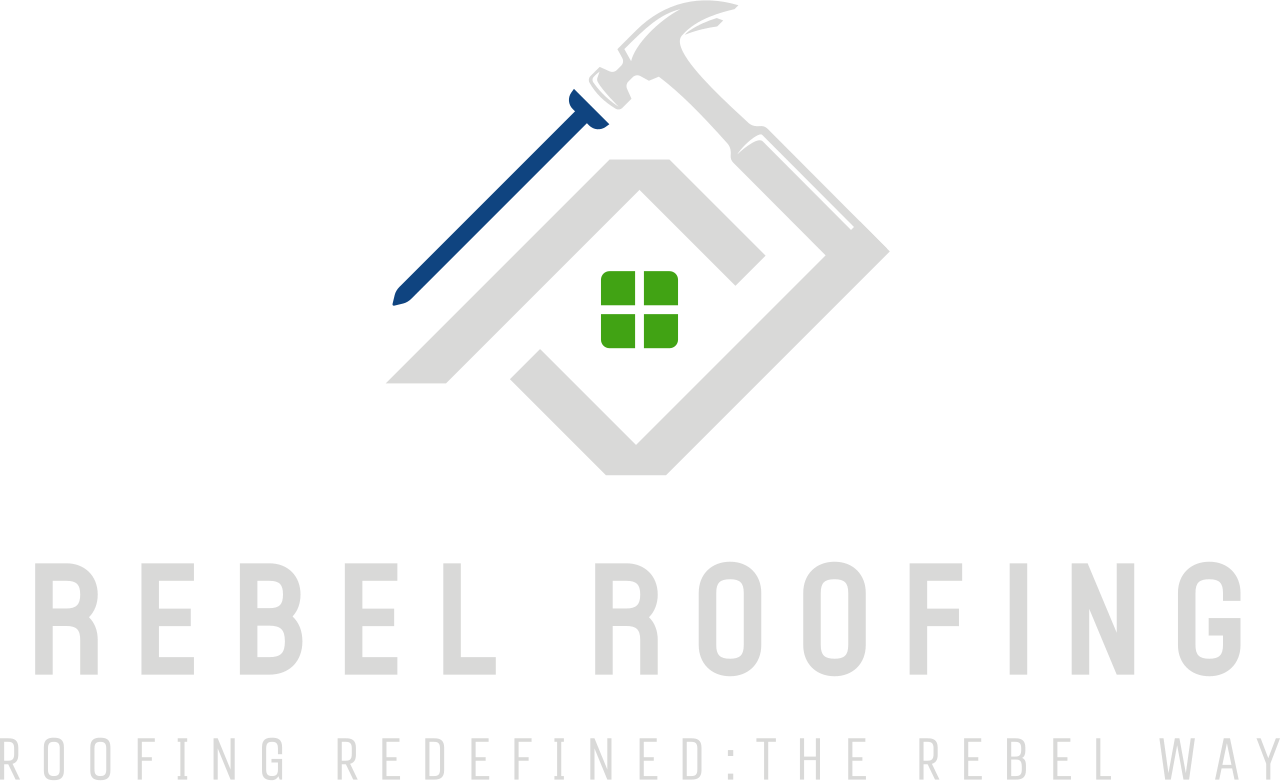
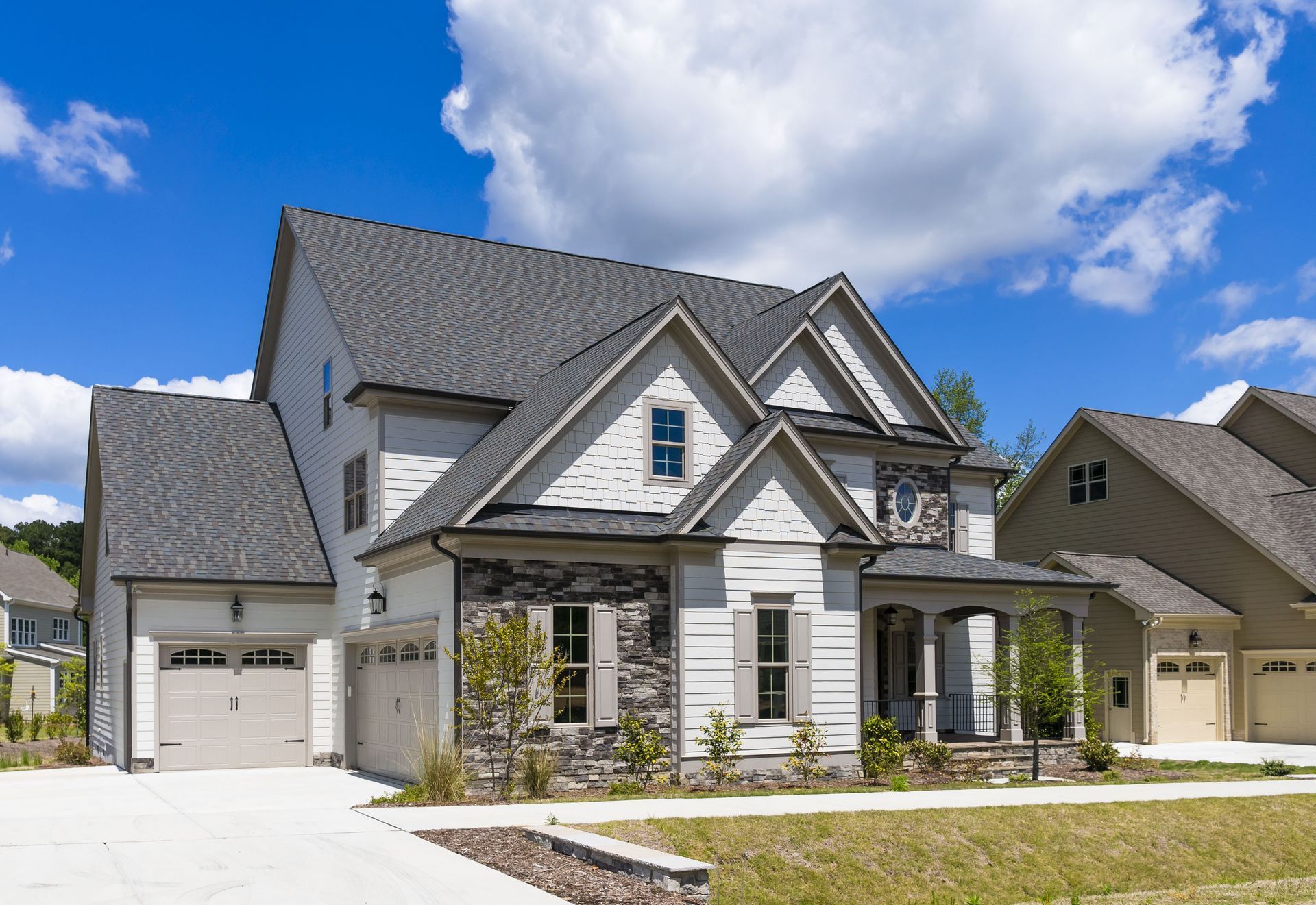
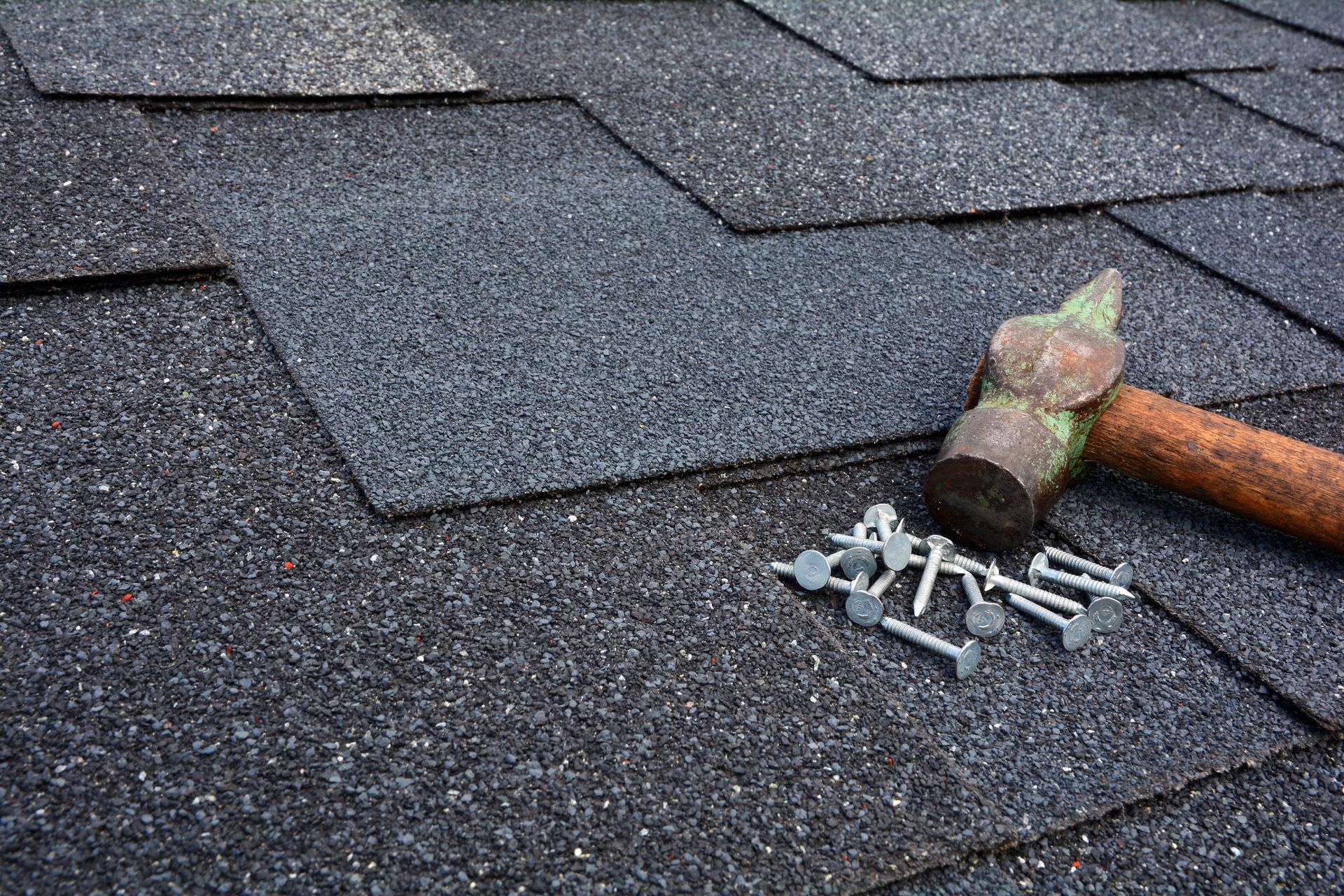
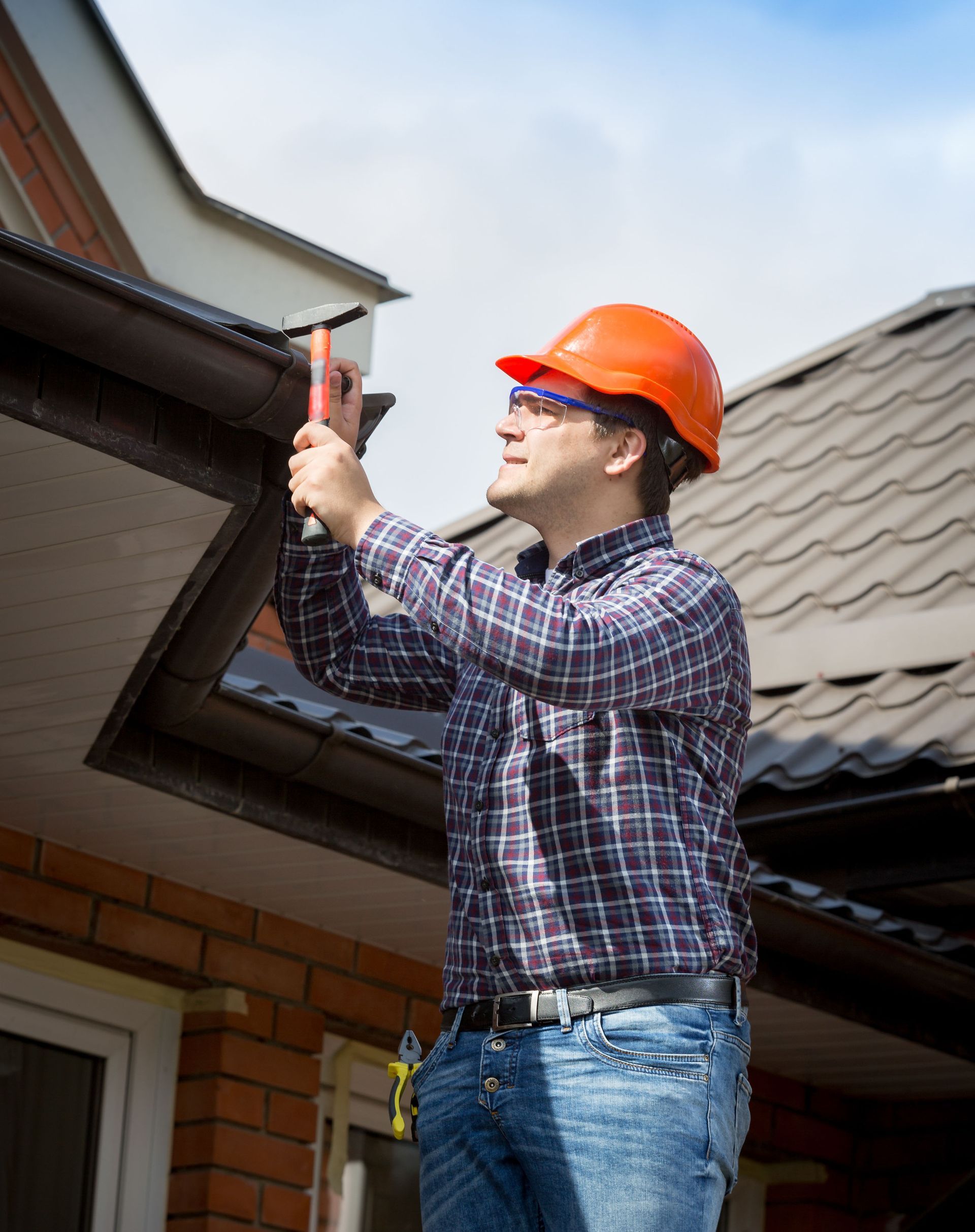
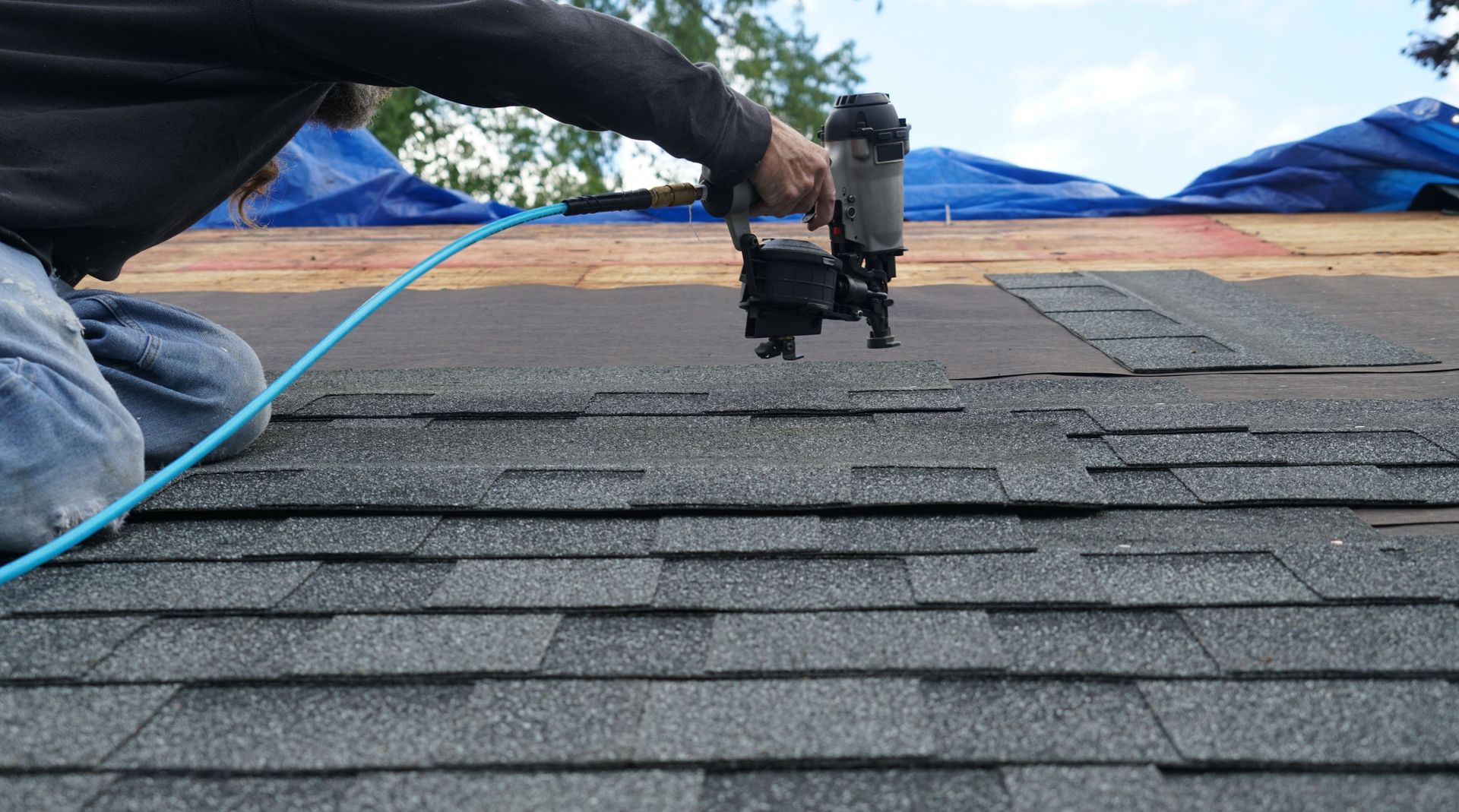
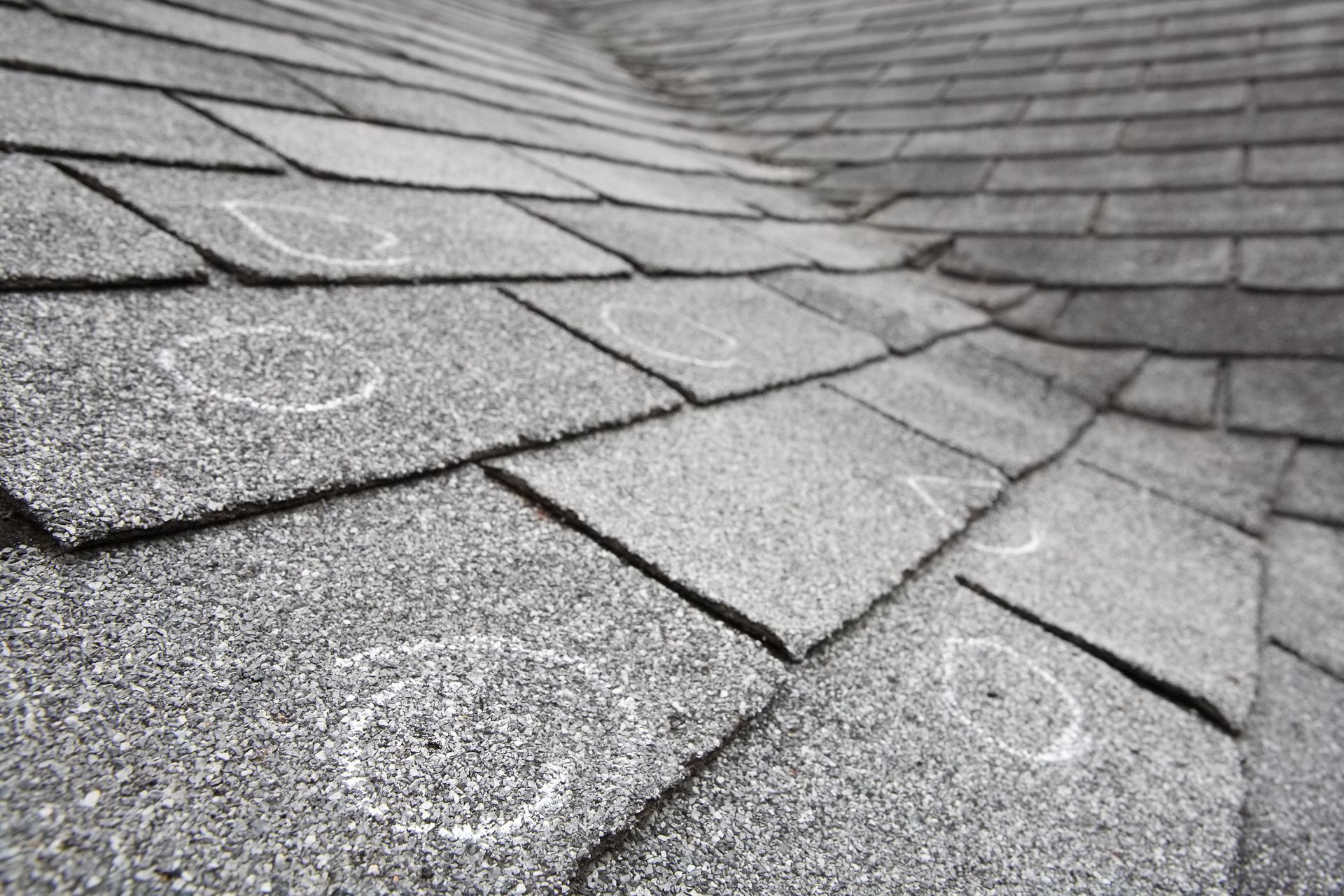
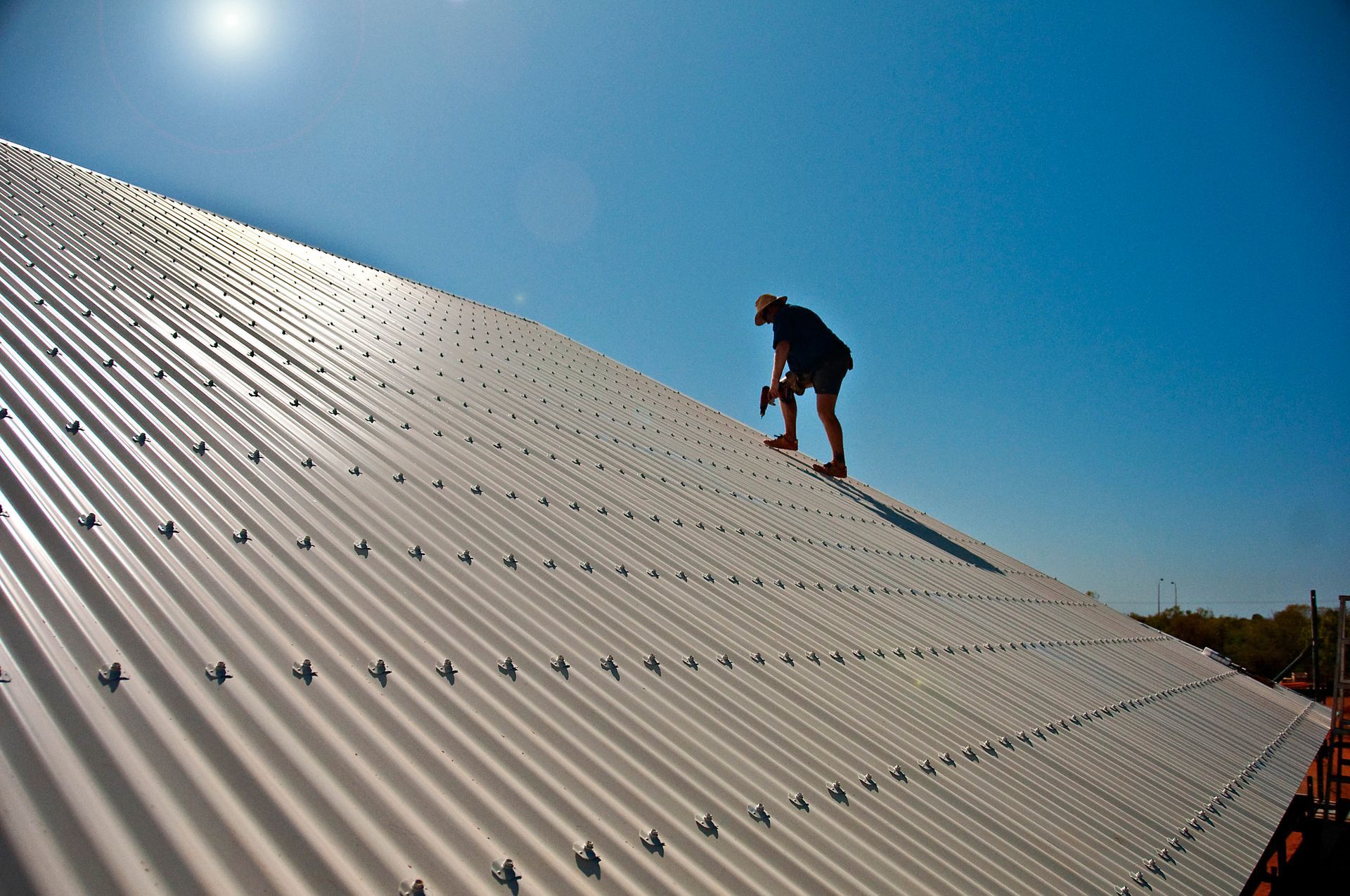
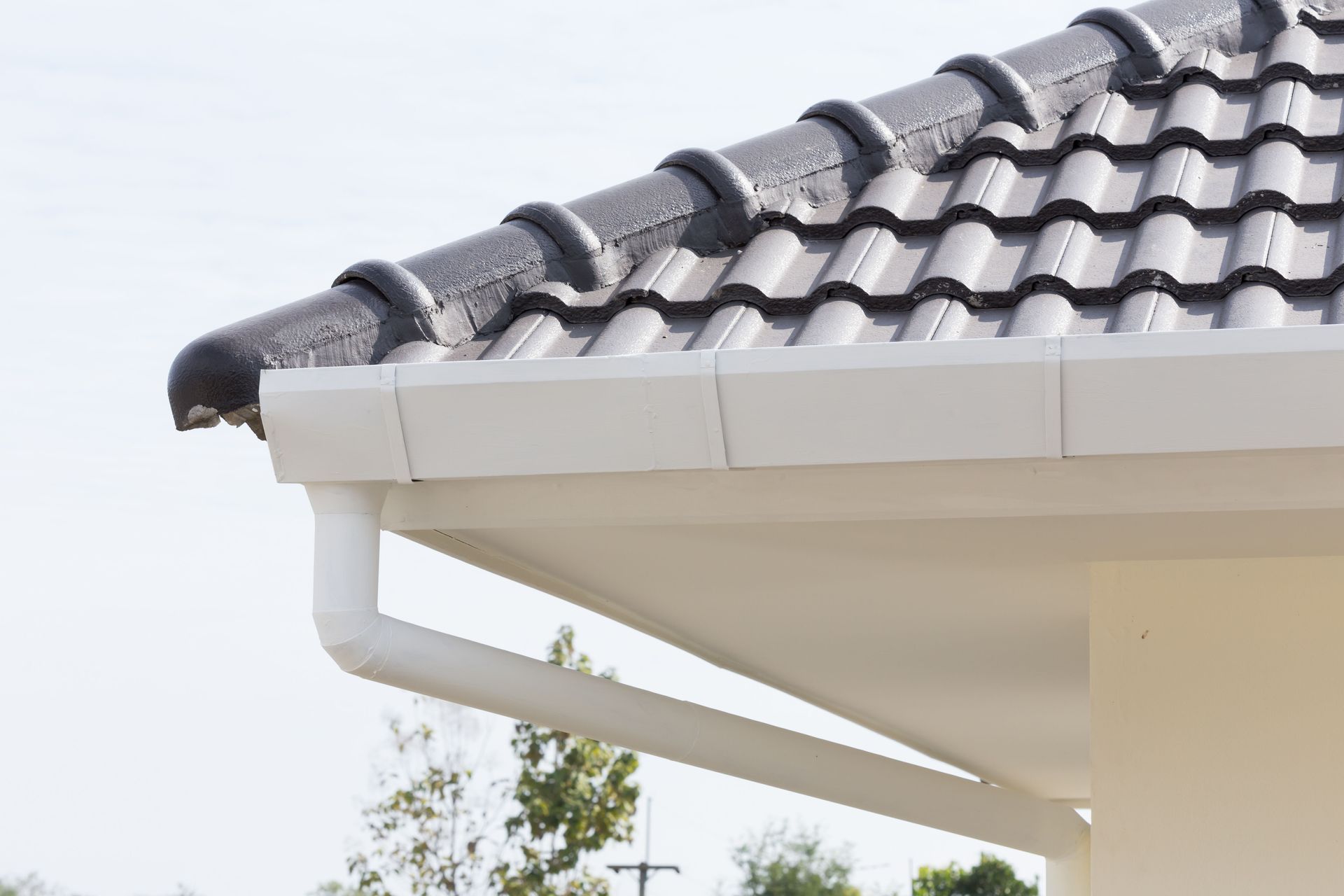
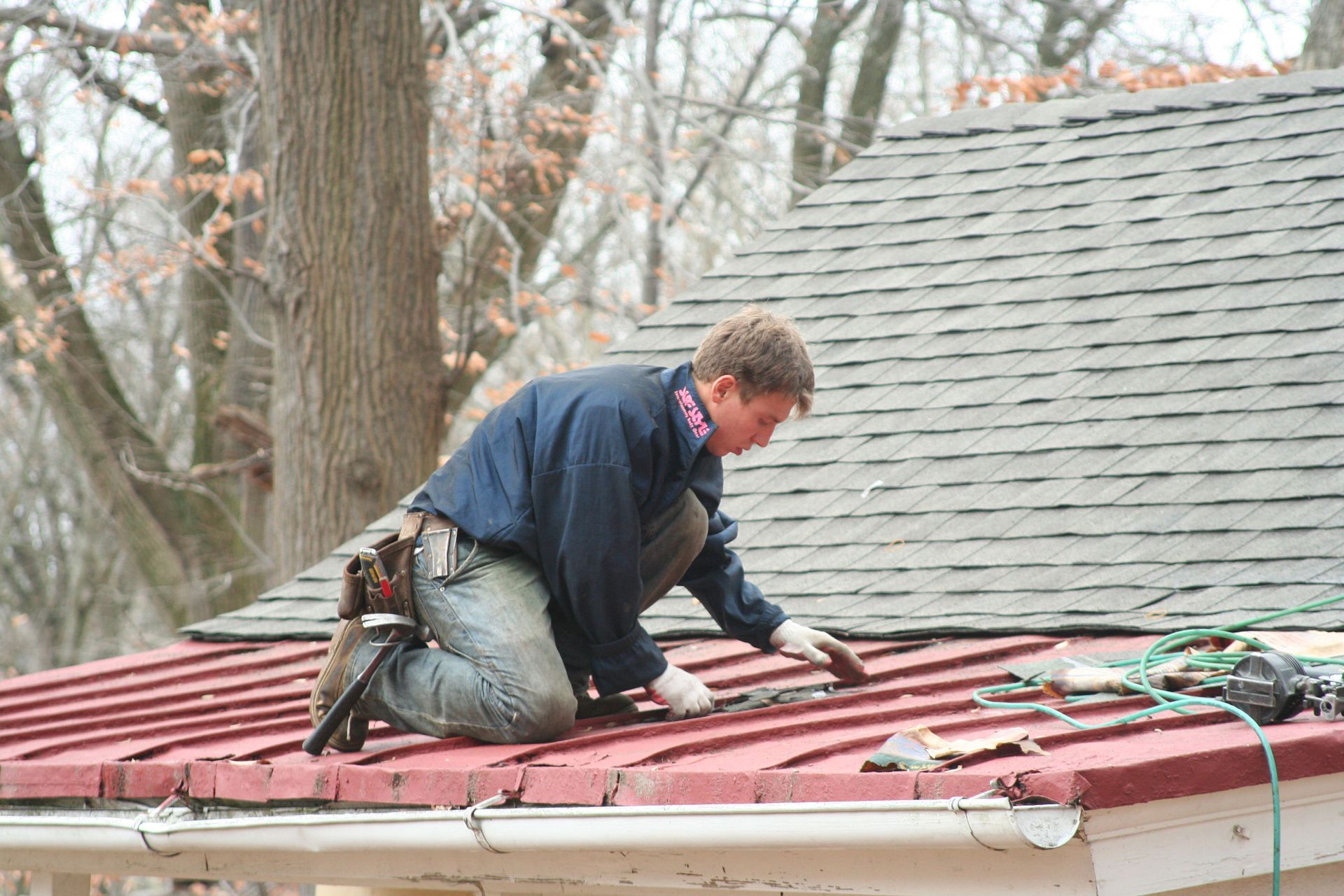
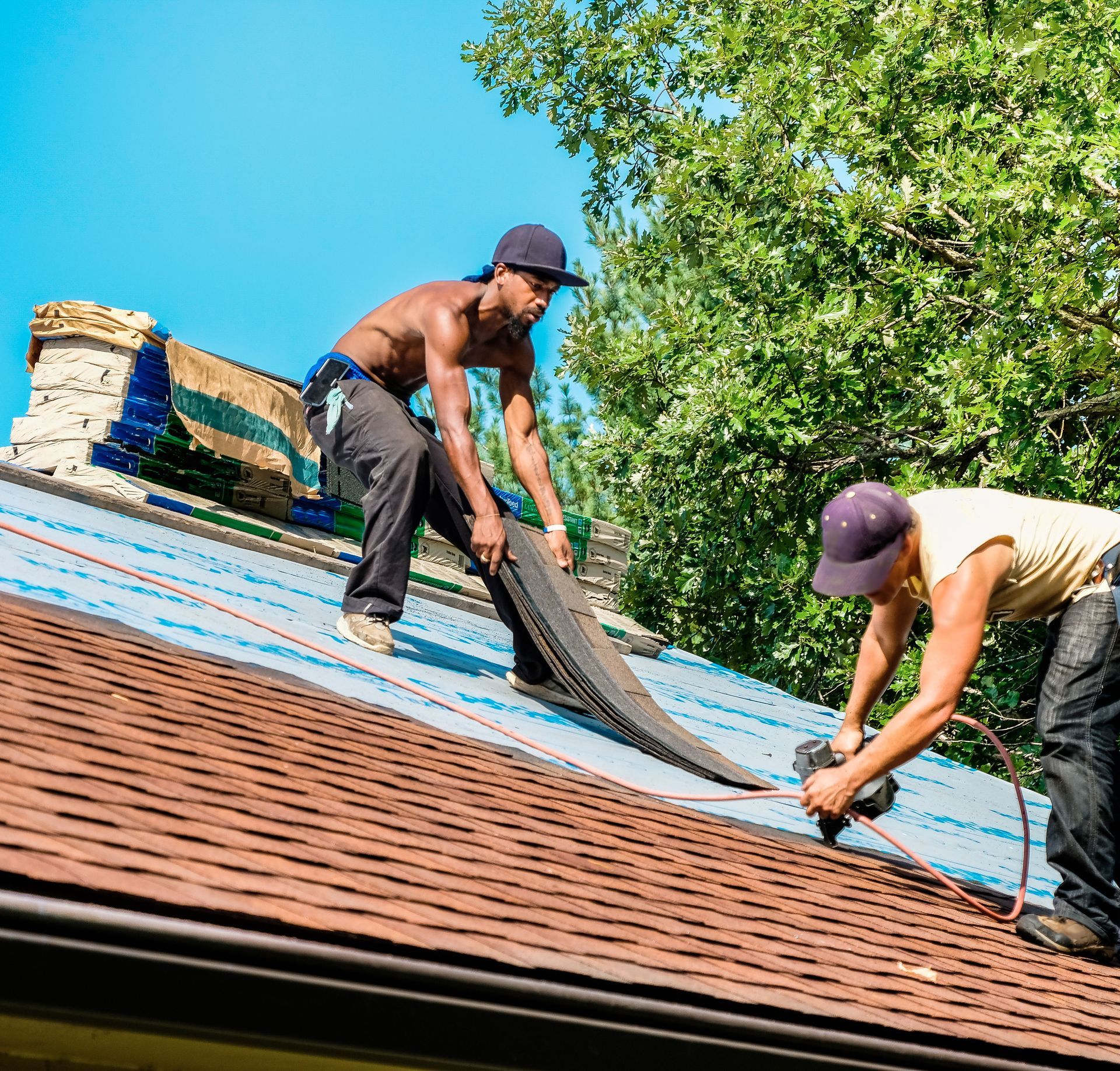
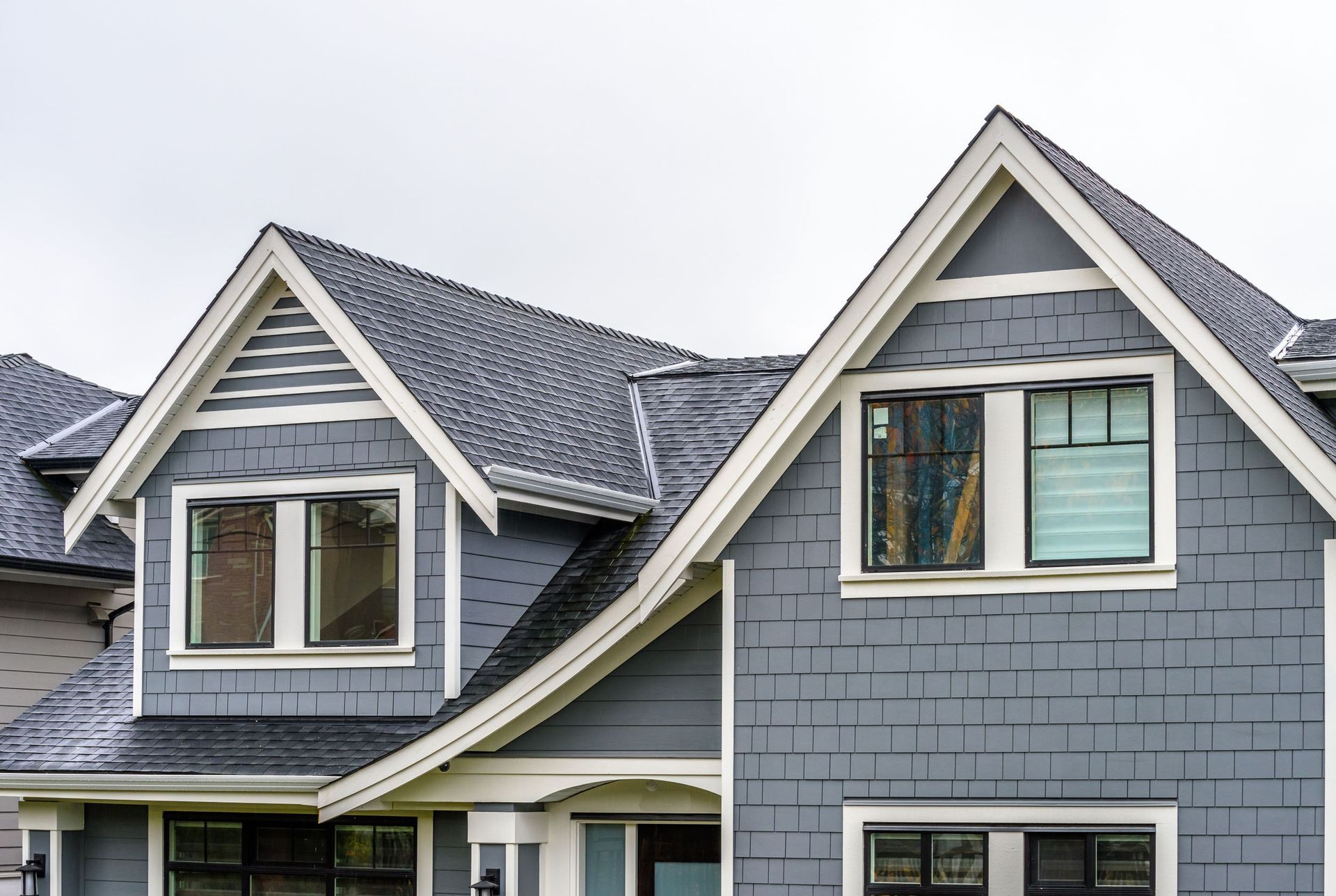

Share On: